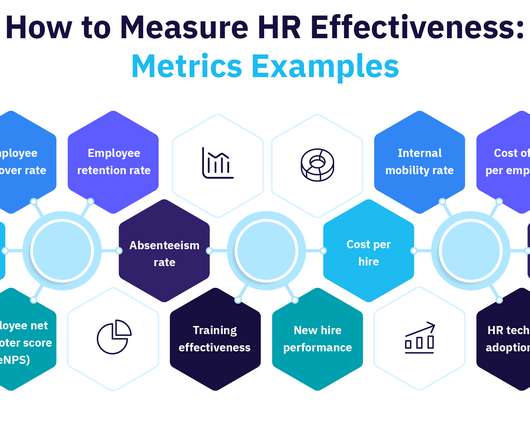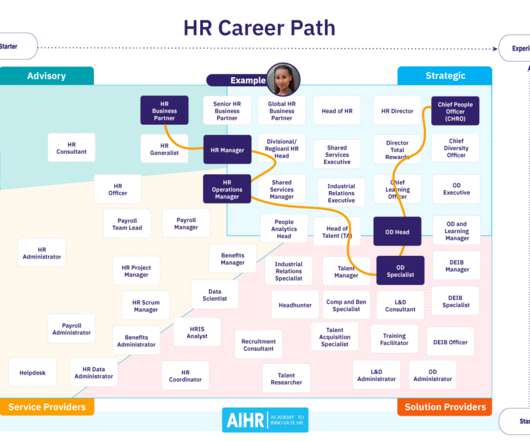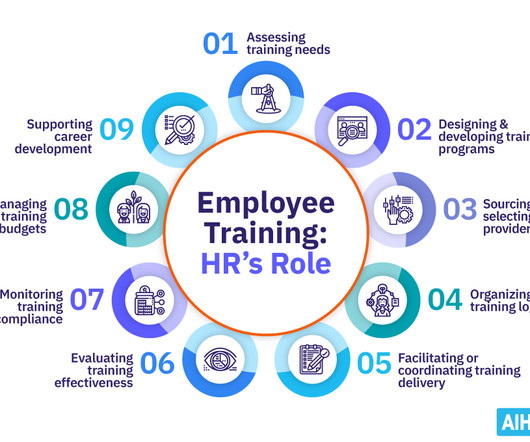Recruitment ROI Explained Plus How To Calculate It (in 2024)
AIHR
FEBRUARY 14, 2024
Recruitment ROI is an important metric that lets HR professionals calculate if their recruitment process is adding value to an organization — or costing it more money than each new hire is worth. Contents What is ROI in recruitment? Why should HR track recruitment ROI? ROI is about more than how much a hire costs, though.


















Let's personalize your content